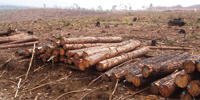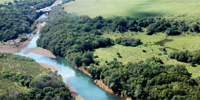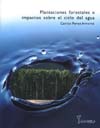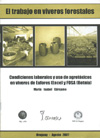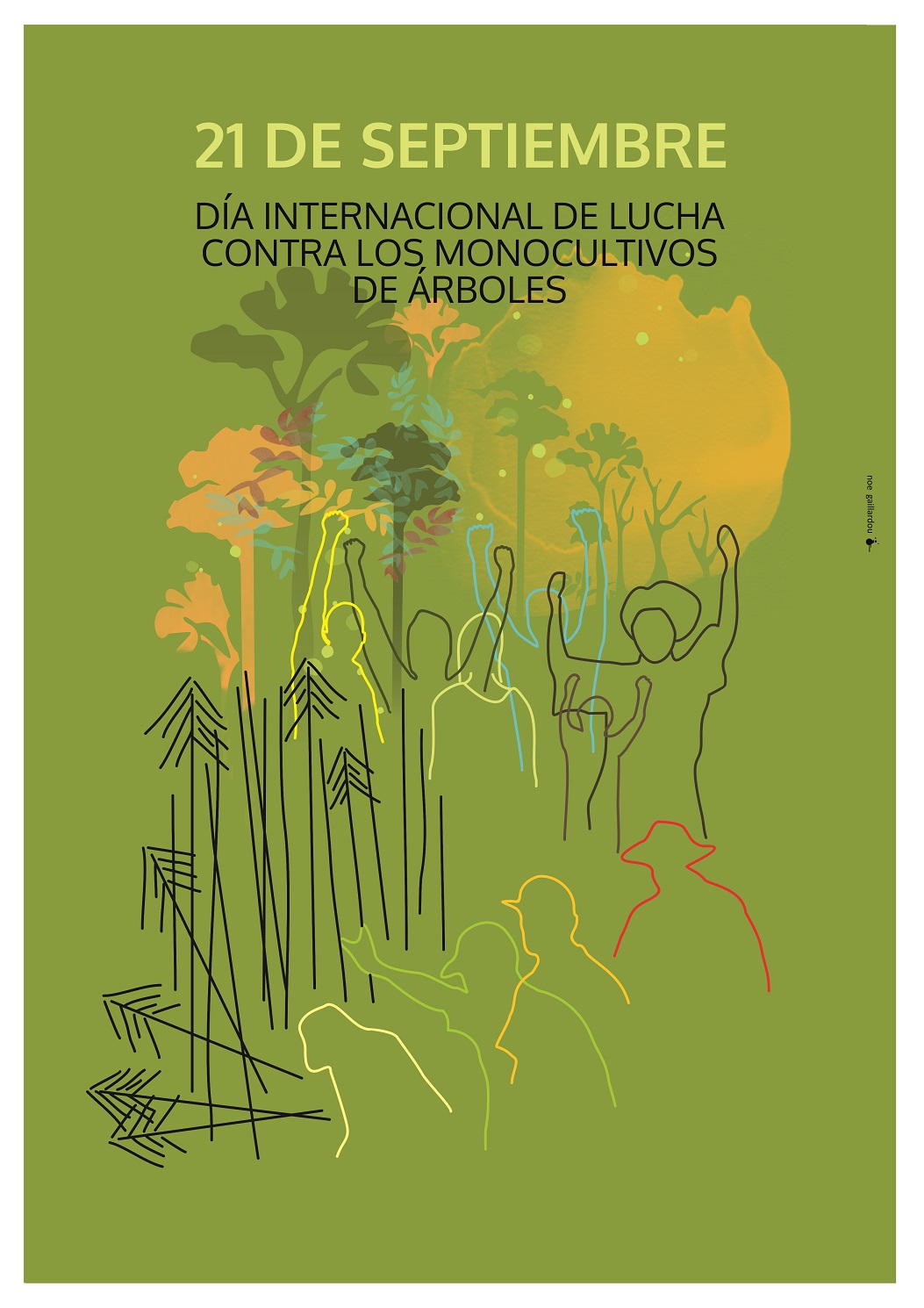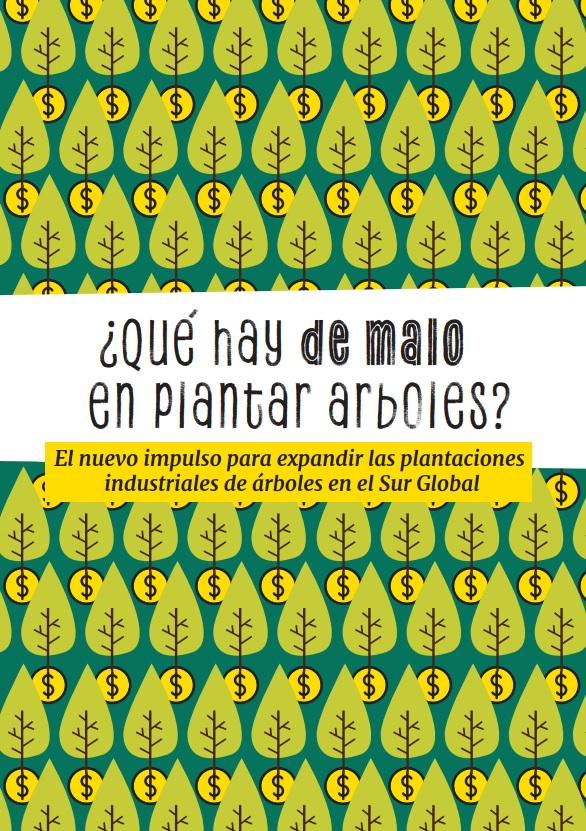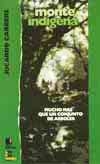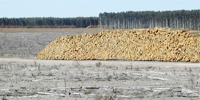Uruguay is in the sights of the pulp industry. The Finnish multinational company, Metsa Botnia and the Spanish company Ence are proposing to install two pulp mills to produce bleached eucalyptus pulp (using ECF process with chlorine dioxide) for export, with Botnia producing a maximum volume of 1 million tons per year and Ence 500,000 tons. The pulp mills would be installed on the banks of the Uruguay River, which Uruguay shares with Argentina, in the locality of Fray Bentos.
The projects have given rise to increasing citizen opposition both in Uruguay and Argentina, with a multitudinous meeting of both peoples on the General San Martin Bridge that joins the two territories (see WRM Bulletin No. 94) as the high point of the campaign.
These much questioned pulp mills – their very scale constitutes a high risk of river and atmospheric pollution – will also be linked to the large scale monoculture tree plantation model that will supply them, with impacts that have also led to strong complaints (see WRM Bulletin No. 68).
FAO, the World Bank and JICA (the Japanese International Cooperation Agency) have been instrumental in the creation of the mass of trees for pulp (see WRM Bulletin No. 83), in this country where trees grow quickly, labour is cheap and environmental control is very weak, as is the power of a State conditioned by the foreign debt generated over various decades, especially during the military dictatorship in power between 1973 and 1984.
Now the IFIs have entered into action. To carry out their business, the Metsa Botnia company has requested a loan of 100 million dollars from the International Finance Corporation (IFC, a member of the World Bank Group that provides loans to the private sector). At the same time the IFC will also facilitate a loan of another 100 million dollars through private banking for this project. Ence has also just requested a loan from IFC for the installation of the pulp mill that it hopes to start building in October 2005.
Hundreds of organizations in Uruguay, Argentina and around the world sent a letter to IFC, asking it not to grant either the loan already requested by Metsa Botnia, or the one we know will be requested by Ence, due to the serious impacts that the installation of pulp mills will generate in Uruguay. In the letter, the signatory organizations set out the following concerns:
In the first place it is important to highlight the scale of these undertakings and their possible accumulated impacts in the event that they are effectively implemented.
Secondly, the Metsa Botnia environmental report has been criticised in detail by a group of technicians linked to the Uruguayan environmental group, Guayubira.
Thirdly, neither Metsa Botnia nor Ence carried out any serious study on the possible negative social impacts of their projects, either in the matter of foreseeable loss of jobs related to the liquid effluents and to gaseous emissions (with a strong and disagreeable smell) of the pulp mills, or of the possible impacts on the health of the local population. Furthermore, both companies have exaggerated the number of “indirect” jobs that they will generate, handling figures with no basis whatsoever.
In the fourth place, the installation of one or both pulp mills will imply an increase in the area presently devoted to monoculture tree plantations. It should be noted that serious environmental and social impacts are already to be observed in the existing eucalyptus plantations, which would become even more serious in the event that the area under plantation were to be increased.
It is also important to point out the impacts that one or both plants will have on the use of the country’s highway facilities due to the traffic of hundreds of trucks with 40 ton loads or more.
There are other, unresolved problems regarding the installation of both plants:
1) An international conflict that has not yet been formalized with Argentina linked to the possible contamination of the Uruguay River, shared by both countries.
2) Questions on the legality of granting a free trade zone to each of the two companies that intend to install pulp mills.
3) Questions regarding the legality of using enormous volumes of water and their possible contamination following the adoption of a constitutional reform on water at the last elections.
Finally, the growing social opposition to these projects should be noted, both regarding the eucalyptus plantations and the pulp mills.
For the above reasons, the signatory organizations requested the International Finance Corporation not to become involved in the Metsa Botnia project nor grant it any loans, given the fact that the installation of one or two pulp mills will result in serious environmental and social impacts that will do nothing to solve the problems of the country and its people, but only contribute to make them more serious.
Source: WRM’s bulletin Nº 95, June 2005


